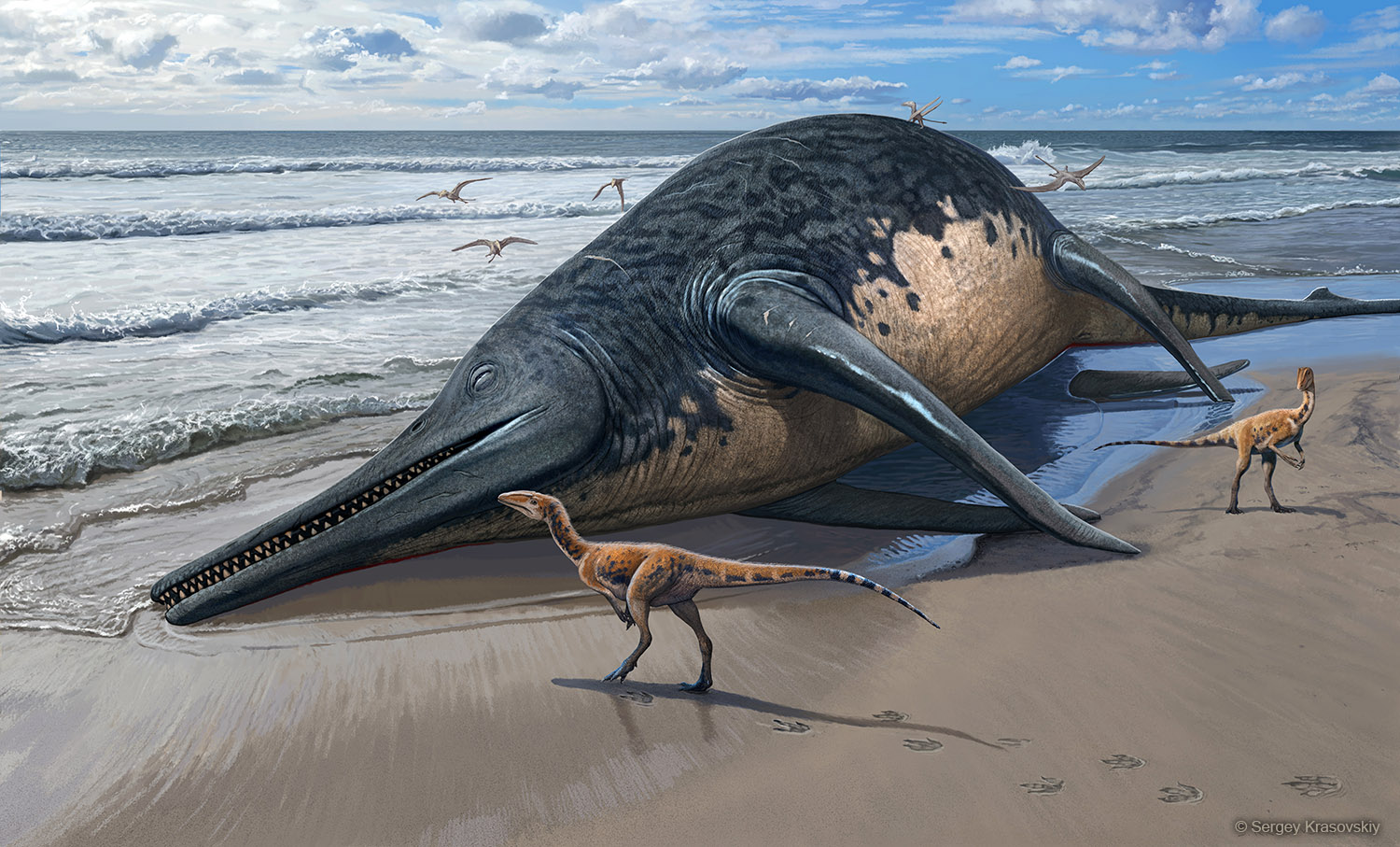-
Mpox immunity is fading, and cases are on the rise
European Congress of Clinical Microbiology and Infectious Diseases
Vaccine protection against mpox is waning, and there are reports of breakthrough infections where people who received both vaccine doses still contracted the disease. Mpox (formerly known as monkeypox) broke out in 2022, and the US-based CDC reports Read more about Mpox immunity is fading, and cases are on the rise
InternationalKarolinska Institute, Sweden; Erasmus MC, Netherlands; Public Health Authority, Austria -
DNA evidence from crime scenes could be plucked from the air
Electrophoresis
Culprits may one day be found using a new technique to potentially pick up and record key airborne forensic DNA evidence from crime scenes wiped clean of fingerprints and other trace evidence. A new study led by Flinders University forensic science Read more about DNA evidence from crime scenes could be plucked from the air
Australia; VIC; SAFlinders University|La Trobe University -
Scientists make mosquitos less contagious in Pacific islands
PLOS Neglected Tropical Diseases
Some mosquitos in Fiji, Vanuatu, and Kiribati are now less likely to spread dengue fever, after a project led by Australian and Pacific island scientists. The mozzies were infected with a bacteria which makes them less likely to pass on dengue to Read more about Scientists make mosquitos less contagious in Pacific islands
Australia; PacificMonash University -
Australia on track for unprecedented, decades-long megadroughts
Hydrology and Earth System Sciences
Australia could soon see megadroughts that last for more than 20 years, according to new modelling from The Australian National University (ANU) and the ARC Centre of Excellence for Climate Extremes. The researchers’ bleak findings are before Read more about Australia on track for unprecedented, decades-long megadroughts
Australia; NSW; VIC; ACTThe Australian National University|The University of Sydney... -
Sediment discovery unlocks Australia’s hidden net-zero resource potential
Geophysical Journal International
A new method of measuring sediment thickness across Australia’s interior offers a cost-effective and straightforward solution for estimating seismic hazard and resource potential while reducing carbon footprint. A new method of measuring sediment Read more about Sediment discovery unlocks Australia’s hidden net-zero resource potential
Australia; ACTThe Australian National University|Geoscience Australia -
Pregnant runners' pains differ by childbirth history
Sports Medicine
Exercise during pregnancy is a healthy habit, and running is one of the most common ways to stay active. Despite this, many runners cease during pregnancy due to associated pains - even amongst competitive runners, only a third continue training Read more about Pregnant runners' pains differ by childbirth history
New Zealand; InternationalAuckland University of Technology, University of Canterbury, University of Western Australia, University of Waikato -
Tree of life for modern birds revealed: The largest and most complete study pinpoints timing of evolution
Nature
In a world first, a team of international scientists including three Australians, Al-Aabid Chowdhury and Professor Simon Ho from University of Sydney, and Dr Jacqueline Nguyen from Australian Museum and Flinders University, have determined the Read more about Tree of life for modern birds revealed: The largest and most complete study pinpoints timing of evolution
Australia; InternationalAustralian Museum|Flinders University|The University of Sydney -
More Aussies are likely to die from bowel cancer as a result of COVID-era disruptions
PLOS ONE
COVID-related disruptions to bowel cancer screening, diagnosis and treatment in Australia are likely to lead to an additional 234 cancer cases and 1,186 deaths in Australia over 2020–2030, according to Aussie-led research. The researchers Read more about More Aussies are likely to die from bowel cancer as a result of COVID-era disruptions
Australia; NSWCancer Council NSW|The University of Sydney|The Daffodil Centre -
Blueprint for mandating indoor air quality for public buildings in form of standards
Science
A group of international experts led by QUT Professor Lidia Morawska has presented a blueprint for national indoor quality standards for public buildings, in an article in the prestigious journal Science. The experts addressed setting standards for Read more about Blueprint for mandating indoor air quality for public buildings in form of standards
Australia; InternationalQueensland University of Technology (QUT) -
MRNA could be used to target Alzheimer’s disease
Brain Communications
Scientists at The Florey have developed an mRNA technology approach to target the toxic protein tau, which builds up in patients with Alzheimer’s disease and other dementias. Scientists at The Florey have developed an mRNA technology approach to Read more about MRNA could be used to target Alzheimer’s disease
Australia; International; VICFlorey Institute of Neuroscience and Mental Health... -
How older culturally and linguistically diverse (CALD) women handled COVID-19 in SA
PLOS ONE
Culturally and linguistically diverse (CALD) women over 60 in South Australia were highly concerned about COVID-19 and becoming sick from its effects, according to Aussie researchers who conducted a survey and interviews of over 100 women over 60 Read more about How older culturally and linguistically diverse (CALD) women handled COVID-19 in SA
Australia; NSW; SAFlinders University|The University of Sydney -
Women with bad PMS may be at higher risk of perinatal depression, and vice versa
PLOS Medicine
Women who develop perinatal depression may be more likely to have a premenstrual disorder at some point in their life, and women with a premenstrual disorder may be more likely to develop perinatal depression, according to international research. Read more about Women with bad PMS may be at higher risk of perinatal depression, and vice versa
InternationalKarolinska Institutet, Sweden -
Around the world, Around the world, Around the world: Songs are getting more basic and repetitive
Scientific Reports
If Daft Punk's lyrics weren't enough of a clue, Austrian and German researchers have found the lyrics of English-language songs have become more repetitive and simpler over the last 40 years. They analysed the lyrics of 12,000 songs, across genres Read more about Around the world, Around the world, Around the world: Songs are getting more basic and repetitive
InternationalUniversity of Innsbruck, Innsbruck, Austria -
Cutting back on the booze could help heavy drinkers avoid major cardiac issues
JAMA Network Open
Men who drink more than four drinks a day or more than 14 drinks per week, and women who drink more than three drinks per day or more than seven drinks per week could help lower their risk of major heart issues and strokes by cutting back on the Read more about Cutting back on the booze could help heavy drinkers avoid major cardiac issues
InternationalKorea University College of Medicine, Chungbuk National University College of Medicine -
PTSD assistance dogs could be trained to smell stress on people's breath
Frontiers in Allergy
Dogs can be trained to detect the scent of trauma reactions and stress in people's breath, according to international researchers, who say this could make PTSD assistance dogs more effective. The researchers were able to train two dogs to recognise Read more about PTSD assistance dogs could be trained to smell stress on people's breath
InternationalDalhousie University, CA -
Mobilising the private sector to help fund the restoration of Aotearoa’s coastal and marine environments
A changing climate and biodiversity loss has led to a financing gap in funding the conservation and restoration of marine and coastal ecosystems. New research has created an impact investment framework to support and scale business and restorative Read more about Mobilising the private sector to help fund the restoration of Aotearoa’s coastal and marine environments
New ZealandSustainable Seas National Science Challenge -
Coastal dunes on the march in South Australia – and around the world
Geomorphology
Coastal transgressive dunefields are on the march in South Australia – retreating inland from an angry ocean at an alarming rate. Yet while this occurs in plain sight, communities are largely oblivious to long-term coastal changes, and Flinders Read more about Coastal dunes on the march in South Australia – and around the world
Australia; International; SAFlinders University -
Miscarriages linked to health risks in later pregnancies
eClinicalMedicine
New Curtin University research has revealed a link between miscarriage and the increased risk of developing complications of gestational diabetes and high blood pressure-related disorders in later pregnancies. New Curtin University research has Read more about Miscarriages linked to health risks in later pregnancies
Australia; WACurtin University -
Unlocking supernova stardust secrets
The Astrophysical Journal
Curtin University-led research has discovered a rare dust particle trapped in an ancient extra-terrestrial meteorite that was formed by a star other than our sun. The discovery was made using a technique called atom probe tomography which revealed Read more about Unlocking supernova stardust secrets
Australia; International; WACurtin University -
Mapping sovereign capability to build ‘foundational’ AI tech
Foundation models currently power multiple AI products, including ChatGPT, and represent a huge opportunity for Australia. This technology underpins the rise of generative artificial intelligence (AI), and could boost Australia’s productivity, Read more about Mapping sovereign capability to build ‘foundational’ AI tech
AustraliaCSIRO
Submit to Scimex
Upcoming events
- International Fire Behaviour and Fuels Conference Bushfires present an increasing challenge to humanity and the ecosystems and atmosphere we depend on....
- Zero alcohol beverages: Are they “normalising everything about alcohol" for adolescents? Zero-alcohol drinks - drinks that contain no or very low amounts of alcohol but resemble...




















































